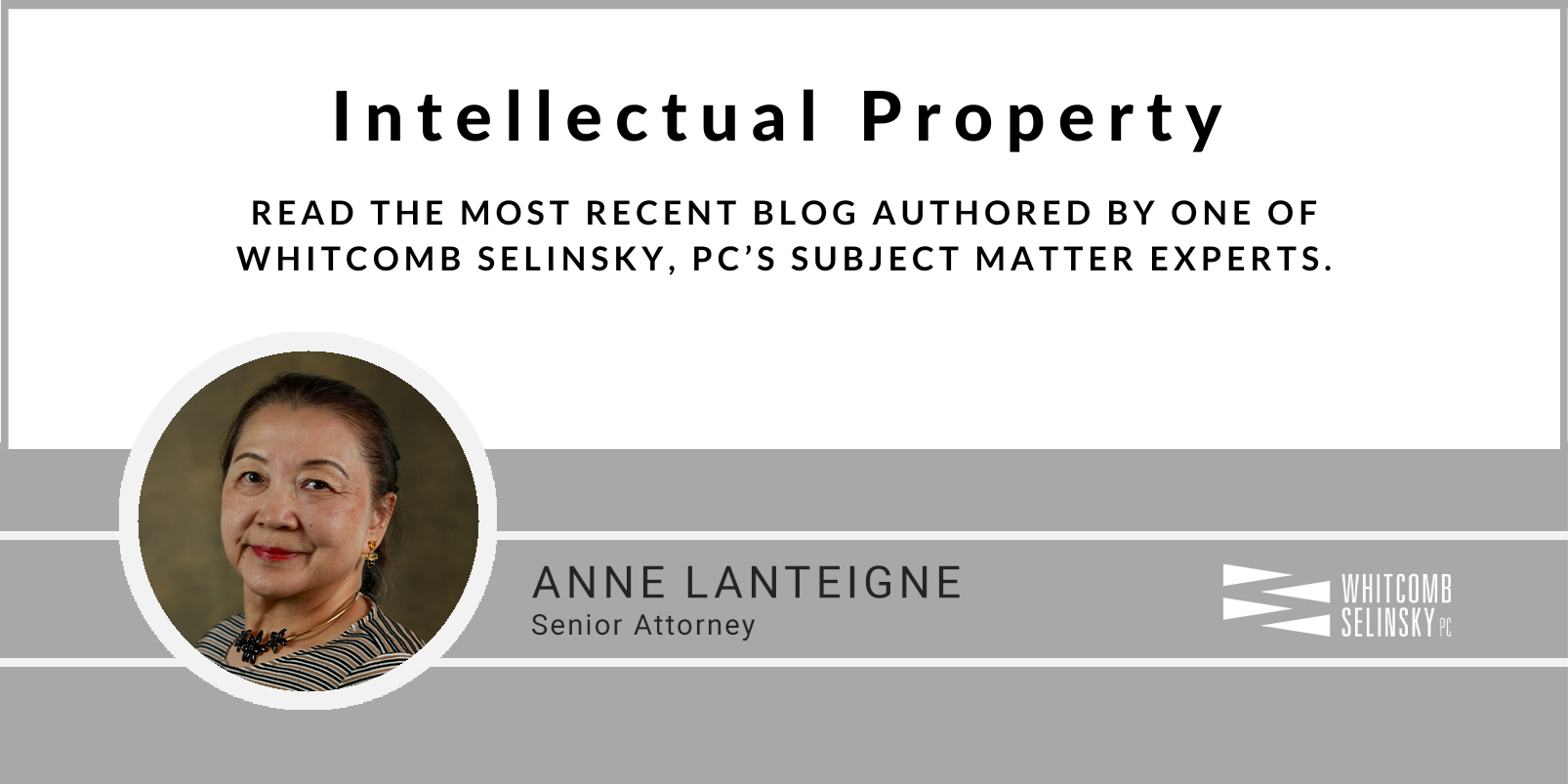3 min read
License Needed: Tech Data & Software in Government Contracts
![]() Anne Lanteigne
:
December 12, 2022
Anne Lanteigne
:
December 12, 2022

As the Government’s acquisitions of goods and services become more extensive and complicated, especially in support of major programs of the Department of Defense (DoD), the delivery of technical data (TD) and computer software (CS) to the Government and the allocation of rights in them between the Government and the contractor often comprise critical aspects of Government contracting. Today we will discuss TD pertaining to non-commercial items, components and processes (ICP), and with non-commercial CS. Commercial CS and TD relating to commercial items that are sold or available for sale to the public are subject to different rules and are addressed separately in “Categories of Rights in Technical Data and Computer Software in Department of Defense Contracts”.
Technical data is defined as recorded information of scientific or technical nature, regardless of the form or method of recording. It is important to note that data is not the same as the item (example: a machine) that the data describes. For instance, when a buyer purchases a machine, he is not necessarily purchasing the data related to the machine (such as the design or manufacturing data) or rights in the data by the mere act of purchasing the machine. Any rights to use the data would be in a license agreement. A similar statement can be made regarding software. The mere possession of a copy of software does not necessarily mean that the possessor has the right to use it. The user must also possess a license to use the software. It is no different when the user is the Government. The Government needs to obtain licenses to make use of contractors’ technical data and software.
Many major programs of the Government, such as the acquisition of new weapon systems and maintenance of existing systems, involve a vast amount of technology and technical data and/or software. Some of the technology may be developed under the contract and some outside the contract, but it may all be needed by the Government. The rights in TD/CS, the levels of such rights, and when and how Government can exercise them take on especially high importance when considering the lifecycle of systems, as some of them can be in use by the Government for years and even decades. During these periods, the Government will need to maintain the systems in working order (spare parts, services, improvements, etc.); consequently, it will require the TD/CS and the rights to use them to conduct the necessary maintenance and sustainment, whether in-house or by contracts. Without sufficient rights, the Government may not be able to engage in competitive acquisitions for the required parts or services and be obliged to acquire them only from the rights owner or its licensees, placing the rights owner at a competitive advantage against other possible contractors. Thus, rights in TD/CS represent a potential source of significant revenue for the contractor who owns the data. Depending on the nature and extent of the data and the Government’s needs, this can sometimes involve millions of dollars. Even if a contractor does not participate in weapon systems acquisitions or other major programs, there are myriad other Government contracts under which TD/CS and rights therein are of paramount importance. One example is the ever-increasing area of research and development (R&D), where small business contractors play a significant role. R&D contracts, by their very nature, generate new technology and a great deal of TD that pertains to the technology and development of new CS or enhancements.
The rules and regulations concerning Government’s rights in non-commercial TD/CS are numerous and complex. In DoD contracts, the governing regulations for these rights are found in the Defense Federal Acquisition Regulation Supplement (DFARS). The DFARS set forth various categories of rights in TD and CS where the determination as to which category the Government’s rights fall into for a particular piece of TD or CS depends largely upon the source of funding for the development of the underlying item or the particular CS. There are, of course, exceptions to this funding source dependence where the Government acquires rights in certain types of TD regardless of who (i.e., the Government or the contractor) provided the funding. The following is a list of the categories of rights under a DoD contract that requires delivery of TD/CS to the Government.
These categories consist of three default categories, the DFARS listing the specific rights the Government is entitled to under each category; that is, both the Contractor and the Government can ascertain what rights are granted to the Government by reading the pertinent DFARS provisions included in the contract.
Default categories for TD – Unlimited Rights, Government Purpose Rights (GPR), and Limited Rights
Default categories for CS – Unlimited Rights, Government Purpose Rights (GPR), and Restricted Rights
Specially Negotiated License Rights (SNLR) for TD and CS – To be negotiated between Government and the Contractor for the individual contract action. This is the fourth category of rights where the Government’s rights depend on what the parties specifically negotiate. Unlike the default categories, no particular DFARS provision dictates what the Government’s negotiated rights must be other than they must not be less than Limited Rights for TD and Restricted Rights for CS.
In most cases, what the Government acquires is license rights, not the title of ownership of the rights. All rights not granted to the Government are retained by the contractor, including the title of ownership, unless the contract specifically provides for the Government’s ownership.
If you have questions regarding your TD/CS rights and/or title of ownership on your government contract, contact us at Whitcomb Selinsky, PC. One of our Government Contracting attorneys will review your contract to help ensure your rights are protected.



